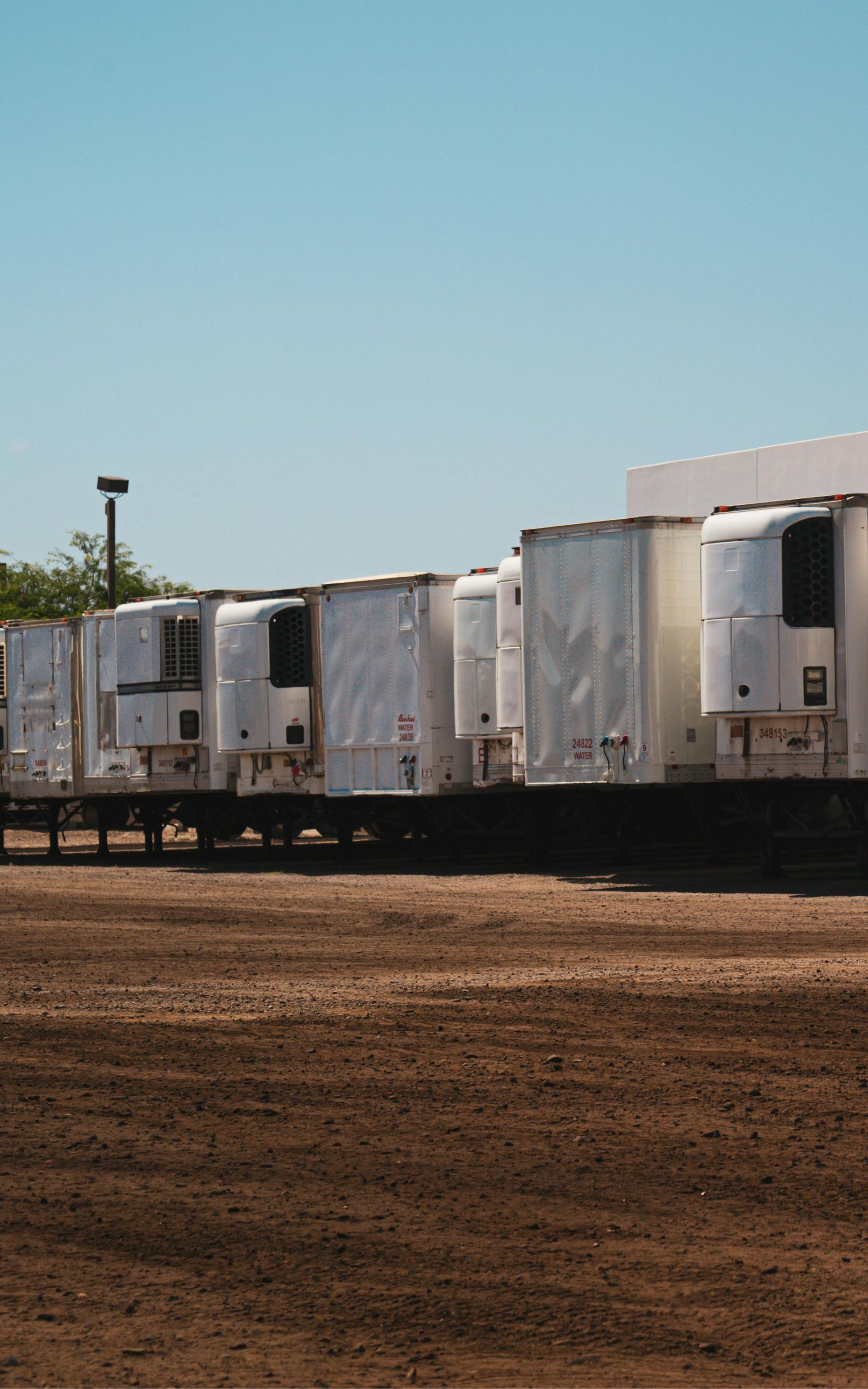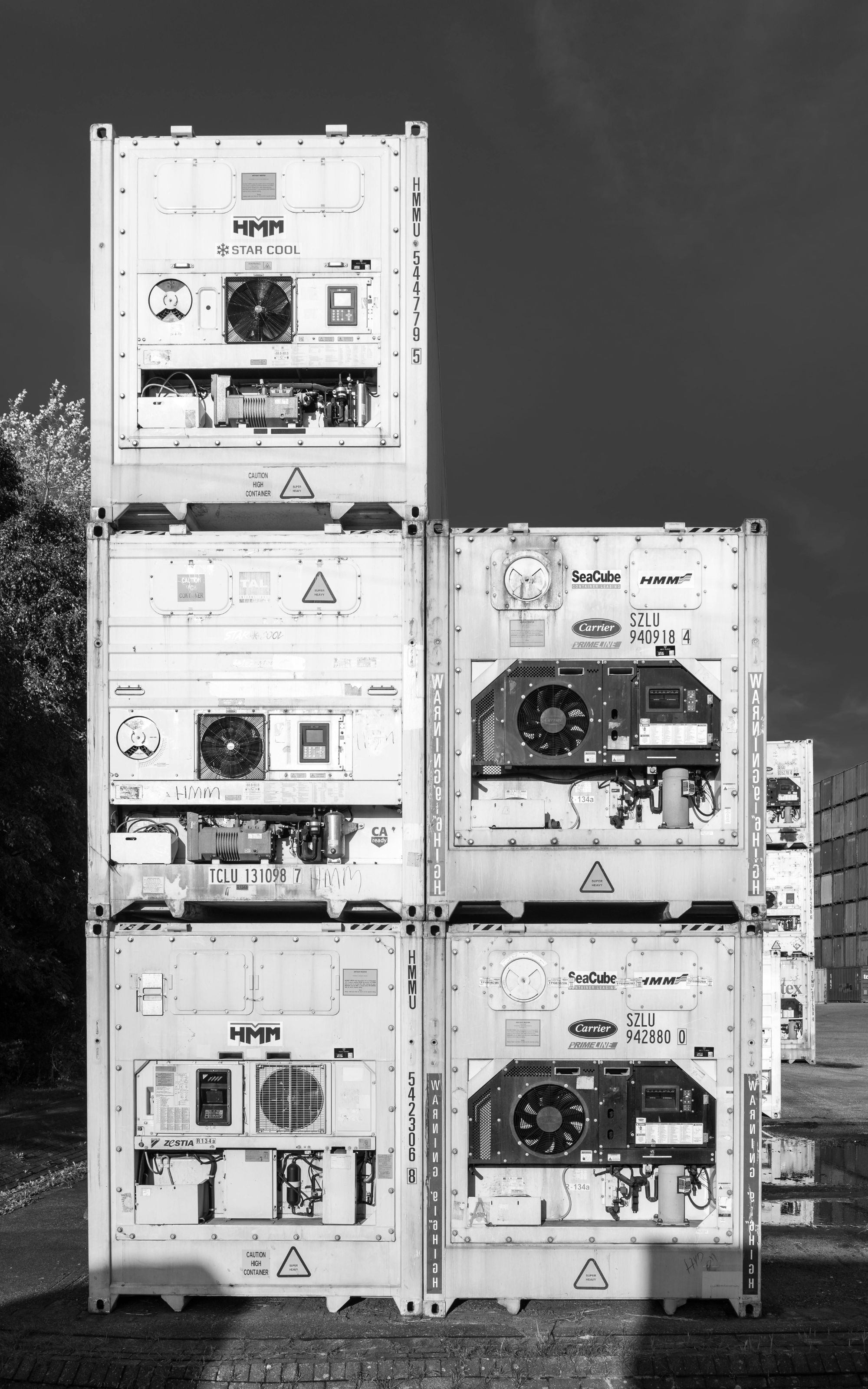Types of Cooler Trucks
Refrigerated Box Trucks
Refrigerated box trucks are the most common type of cooler trucks. They feature a box-shaped cargo area with insulated walls and a powerful refrigeration unit. These trucks are versatile and can handle a wide range of temperature-sensitive goods, from fresh produce to frozen foods.
Box trucks come in various sizes, making them suitable for both local deliveries and long-haul transportation. Their design allows for easy loading and unloading, with rear and side doors providing convenient access to the cargo area.
Insulated Van Coolers
Insulated van coolers are smaller vehicles that are ideal for urban deliveries and businesses with lower volume requirements. These vans are equipped with insulation and cooling systems, offering a more compact and maneuverable option for transporting perishable goods in city environments.
Van coolers are popular among catering companies, florists, and small-scale food distributors. They provide an excellent balance between cargo capacity and ease of navigation in tight urban spaces.
Reefer Trailers
Reefer trailers are large-scale refrigerated units designed for long-distance transportation of temperature-sensitive goods. These trailers can be attached to semi-trucks and are capable of maintaining consistent temperatures for extended periods.
Reefer trailers are commonly used in the following industries:
-
Food and beverage distribution
-
Pharmaceutical Transportation
-
Chemical product logistics
-
Floral industry
|
Type
|
Capacity
|
Best for
|
|
Box Truck
|
10-26 ft
|
Medium to large loads
|
|
Van Cooler
|
8-12 ft
|
Small to medium loads
|
|
Reefer Trailer
|
28-53 ft
|
Large-scale transportation
|
Benefits of Using a Cooler Truck for Logistics
Temperature Control
One of the primary advantages of using a cooler truck is its ability to maintain precise temperature control. This feature is crucial for preserving the quality and safety of perishable goods during transportation. Advanced cooling systems in these trucks can maintain temperatures ranging from deep freeze to mild chilling, accommodating various product requirements.
Temperature control benefits include:
-
Extended shelf life of perishable goods
-
Reduced product spoilage and waste
-
Consistent quality from origin to destination
-
Ability to transport temperature-sensitive items over long distances
Food Safety and Compliance
Cooler trucks play a vital role in ensuring food safety and compliance with regulatory standards. By maintaining the required temperatures throughout the transportation process, these vehicles help prevent the growth of harmful bacteria and maintain the integrity of food products.
Key compliance aspects:
-
Adherence to HACCP (Hazard Analysis and Critical Control Points) principles
-
Compliance with FDA food transportation regulations
-
Maintenance of proper documentation and temperature logs
-
Regular inspections and certifications
Versatility in Transportation
Cooler trucks offer remarkable versatility in transporting a wide range of temperature-sensitive products. From fresh produce and dairy to pharmaceuticals and chemicals, these vehicles can accommodate diverse cargo types with varying temperature requirements.
Examples of goods transported in cooler trucks:
Our Partner's Cooler Truck Features and Technology
Advanced Cooling Systems
Goods2load's partner utilizes cutting-edge cooling systems in their cooler trucks and isothermal trucks, ensuring optimal temperature control for various cargo types. These advanced systems incorporate the latest refrigeration technology to provide efficient and reliable cooling performance.
Key features of the cooling systems include:
-
Multi-temperature zones for different product requirements
-
Rapid cool-down capabilities
-
Precise temperature control within ±0.5°C
-
Low noise operation for urban deliveries
Temperature Monitoring Devices
To ensure the safety and quality of transported goods, our partner's cooler trucks are equipped with state-of-the-art temperature monitoring devices. These systems provide real-time data on cargo temperature, allowing for immediate action if any deviations occur.
Benefits of advanced temperature monitoring:
-
Continuous temperature tracking throughout the journey
-
Automated alerts for temperature fluctuations
-
Data logging for compliance and quality assurance
-
Remote monitoring capabilities for fleet managers
Energy-Efficient Options
In line with sustainability goals, our partner offers energy-efficient cooler truck options. These vehicles incorporate technologies that reduce fuel consumption and minimize environmental impact without compromising cooling performance.
Energy-efficient features include:
-
Solar panels to support auxiliary power needs
-
Aerodynamic designs for improved fuel efficiency
-
LED lighting in cargo areas
-
Regenerative braking systems
Customization Possibilities
Our partner understands that different businesses have unique requirements. They offer customization options for their cooler trucks to ensure that each client receives a vehicle tailored to their specific needs.
Customization options include:
-
Multiple temperature zones
-
Specialized racking systems
-
GPS tracking and telematics
-
Branding and livery options
Choosing the Right Cooler Truck for Your Needs
Capacity Considerations
Selecting the appropriate cooler truck capacity is crucial for efficient operations. Factors to consider include the volume and weight of goods to be transported, frequency of deliveries, and potential for business growth.
Capacity selection guidelines:
-
Assess average load size and weight
-
Consider peak season requirements
-
Allow for some extra capacity for flexibility
-
Evaluate loading and unloading efficiency
Cooling Power Requirements
Different products require varying levels of cooling power. It's essential to choose a cooler truck with adequate refrigeration capacity to maintain the desired temperature for your specific cargo.
Factors affecting cooling power needs:
-
Type of goods being transported
-
Ambient temperature in operating areas
-
Frequency of door openings during deliveries
-
Duration of typical journeys
Fuel Efficiency and Environmental Impact
In today's environmentally conscious market, considering the fuel efficiency and environmental impact of cooler trucks is increasingly important. Our partner offers vehicles with improved fuel economy and reduced emissions to help businesses meet sustainability goals.
Eco-friendly features to look for:
-
Euro 6-compliant engines
-
Start-stop technology for reduced idling
-
Aerodynamic designs for better fuel efficiency
-
Use of environmentally friendly refrigerants
Cooler Truck Regulations and Compliance
Food Safety Modernization Act (FSMA) Requirements
The FSMA sets stringent standards for the transportation of food products. Cooler trucks must comply with these regulations to ensure food safety throughout the supply chain.
Key FSMA requirements for cooler trucks:
-
Proper temperature control during transportation
-
Prevention of cross-contamination
-
Adequate vehicle cleaning and sanitization
-
Proper training for personnel handling food products
Department of Transportation (DOT) Guidelines
The DOT provides guidelines for the safe operation of commercial vehicles, including cooler trucks. Compliance with these regulations is essential for legal and safe transportation of goods.
Important DOT guidelines:
-
Driver hours of service regulations
-
Vehicle maintenance and inspection requirements
-
Proper securing of cargo
-
Compliance with weight limits and restrictions
Environmental Protection Agency (EPA) Standards
The EPA sets standards for emissions and refrigerants used in cooler trucks. Adhering to these standards helps reduce the environmental impact of refrigerated transportation.
EPA compliance areas:
-
Emissions standards for diesel engines
-
Regulations on refrigerant types and handling
-
Fuel efficiency standards for commercial vehicles
-
Proper disposal of refrigerants and other potentially harmful materials



